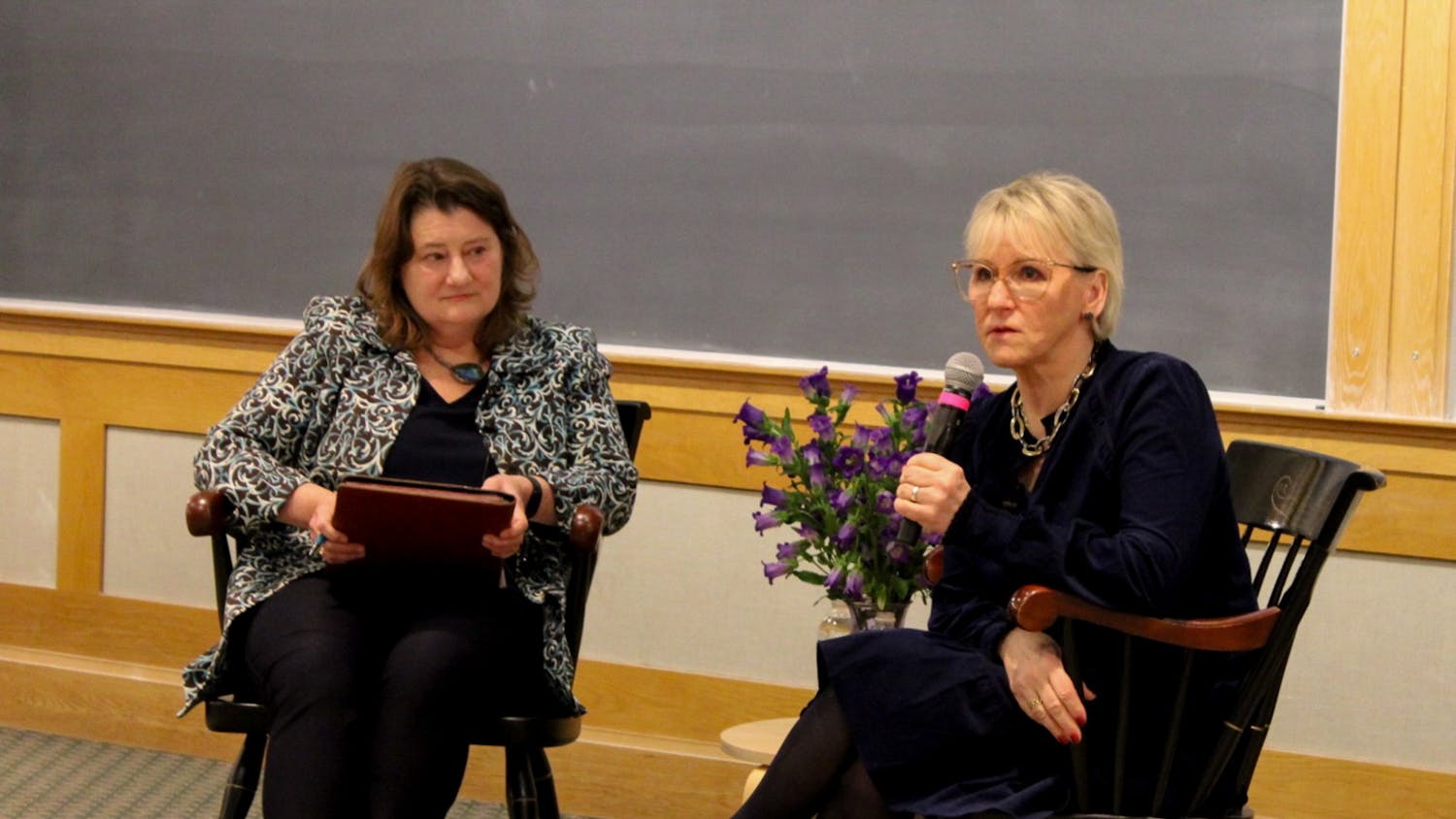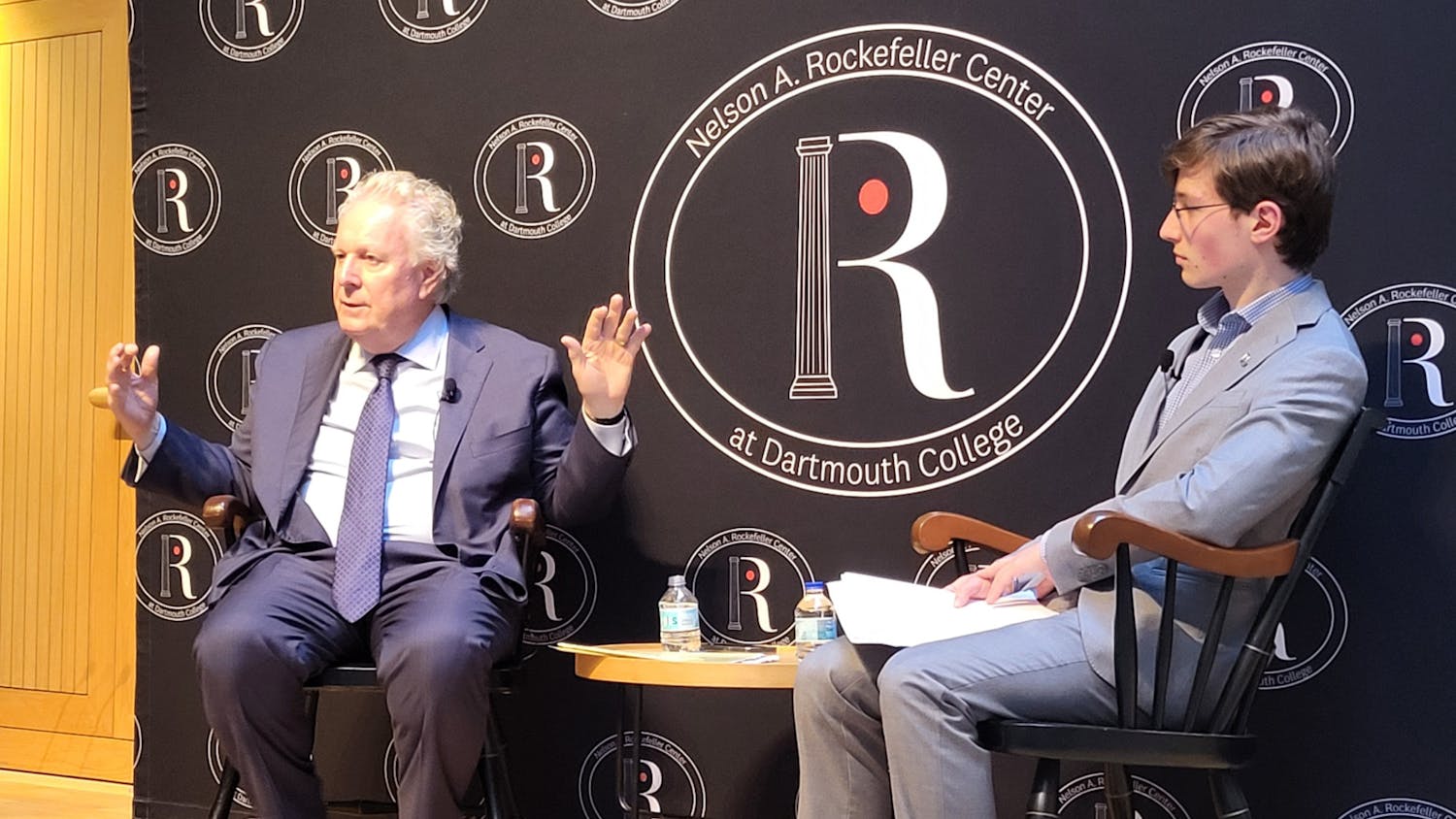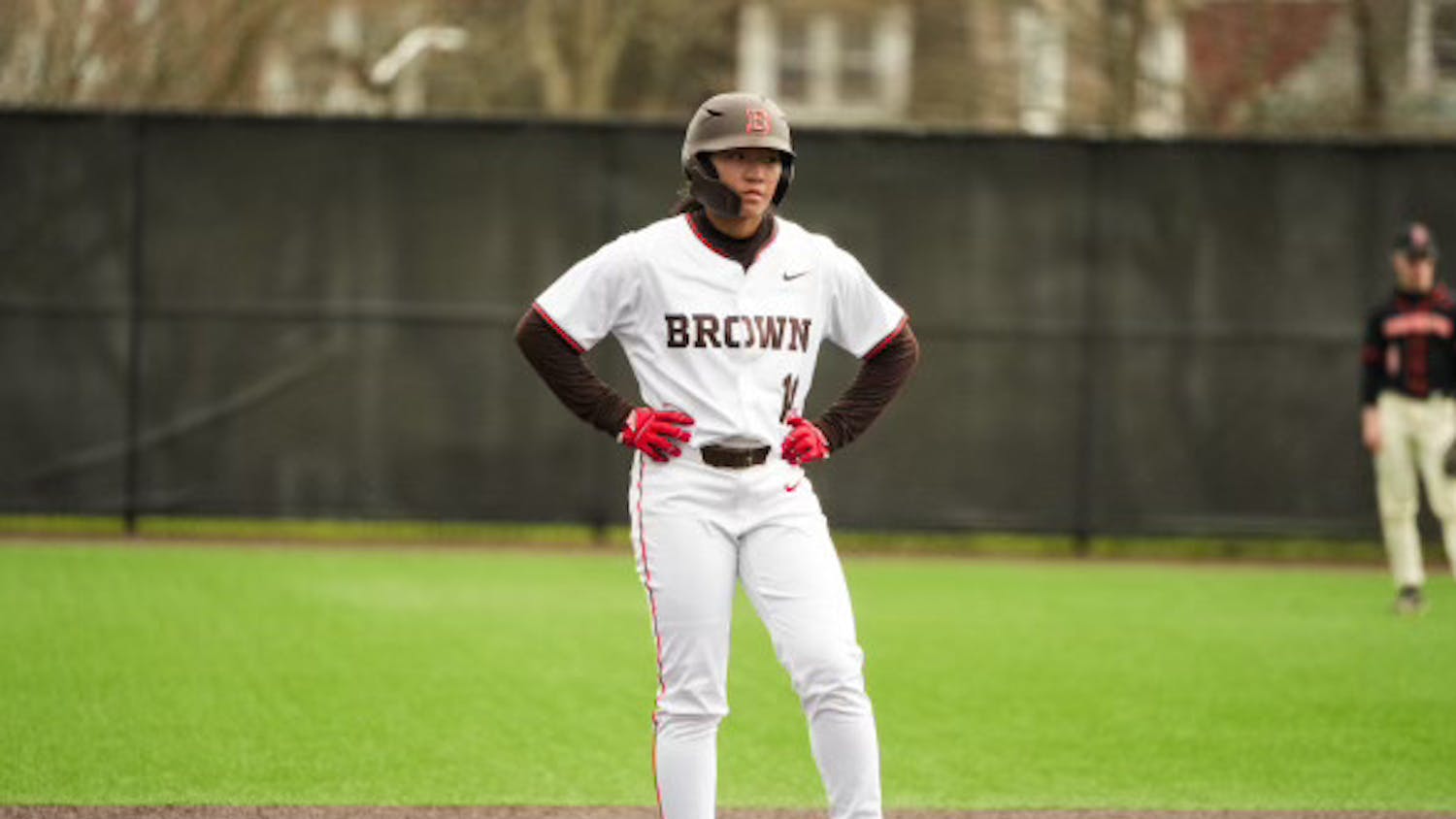Revolution. We deal, again, with a word that has multiple meanings.
(1) Revolution: an overthrow, a seismic shift. Things happened one way, then there was a revolution, and now things happen a different way. We call places by their new names.
(2) Revolution: a wheel turning, (re)turning to the beginning.
One day, during fall term, I met a couple of engineering students who told me about the projects they were working on. In class that week, they made a wheel.
“I don’t know how to tell you this,” I said to them (I think I’m awfully clever), “but it’s been done.”
It is my last term at Dartmouth, and I’ve been talking to friends about closing the circuit, looping and cauterizing the experience so that it’s its own closed body. Or like early movies, film images in a wheel that I can spin and watch play out. There are lots of possible metaphors here, but the gist is this: We crave finality.
A repeating motif: a feeling of stagnancy, an ache in the belly and chest.
I’ll be frank: I am writing this very close to the deadline (past the deadline, to be franker). My thesis presentation, a staged reading of a play, is going up tomorrow. There is so much to prepare and, as we approach the show date, less and less for me to do.
Come tomorrow it will be in the hands of the cast, director and stage manager. There is an enormous amount of trust required in putting on a show; my thesis is dependent on 17 people. Some are being paid to help, some are giving up their free time, but all are helping bring a dream world to life, and for that I am grateful. The process also requires trust on the part of my cast. I cast the show toward the end of winter term. I had written Act 1, and I ended up casting a friend in Act 2 for a role that did not yet exist.
“It will be good,” I assured him; I hoped.
Back to the bottom of the food chain, where there is certain comfort, where maybe there is more freedom because not a whole lot is expected of me. I can create the bounds of those expectations. I am moving to Cambridge, Massachusetts, where everyone has a graduate degree. I am restless.
I approach the last show of my undergraduate career, and I think of how things will be moving forward. Over spring break, in a desperate jab at procrastination, I started to write a personal manifesto.
I love a good manifesto. A good manifesto is the stuff of revolution. A manifesto may know its limitations — it just might not care.
A break: I am in the lighting booth. My laptop is hooked up to the sound system for the preshow playlist. The play touches on three wars, the first of which is the Civil War. The show is set in Columbia, South Carolina in 1869, about five years following the end of the war. I chose Columbia after doing some research into Confederate Jewry. Besides New Orleans, Charleston had the most vibrant Jewish community. But Charleston was spared in Sherman’s March, so that wouldn’t do. I was going for an aesthetic of destruction; a Seder in a burnt-out shell. With more research, I learned that the Charleston Jewry, fearing an attack by Sherman, shipped their Torahs and Judaica to Columbia. Columbia was then burned to the ground. After that, the Jewish community rebuilt the city with impressive speed and resilience. I found myself cheering for them. Yes! They tried to burn your temple down, but you came back with fury!
There is a disconnect here. I find myself cheering for Confederates. Of course the moment I realize this, the feeling snaps, but it was there, and it would be foolish to ignore. Confederate soldiers called themselves “rebels.” Did they see their war as revolution?
The second war is the November Uprising (which is more of a battle, really). One character’s father fought for the freedom of Poland.
The final war, the caste war of Yucatán, involves Yucatecans fighting against Mayan-speaking populations. The scholarship is muddled on this. Some say it was definitely a race war; others classify it more as class-based, as Yucatecans privatized Mayan (that is, all Mayan-speaking) commons to promote sugar production.
But I’m rambling. What is the end point of all these revolutions if I shove them into one play?
I’m thinking about how I’ll feel after tomorrow. This project is a deeply personal one, which requires me to reflect on my own Jewishness, whiteness, national identity and gender. I am so thankful for the people I am looking out on, here, from the lighting booth, helping me stage three revolutions in two hours. (I can see them, but they cannot see me. It’s dawning on me how creepy this rings.)
But back to revolution as a closed circuit: I wonder if this circular model is a good one to live. I could say I love writing, especially playwriting, for the emotional and creative fulfillment it brings me. I get the chance to say, “I made a thing!” I get to share the thing with friends (and maybe enemies, and maybe through that process convert them into friends). I hope these revolutions don’t peter out or plateau, mocking the pattern of “chasing a high.” But if chasing a high means making more work and getting more feedback and sharing these moments of collective catharsis, maybe that’s a spinning wheel I can stand to keep up with.



